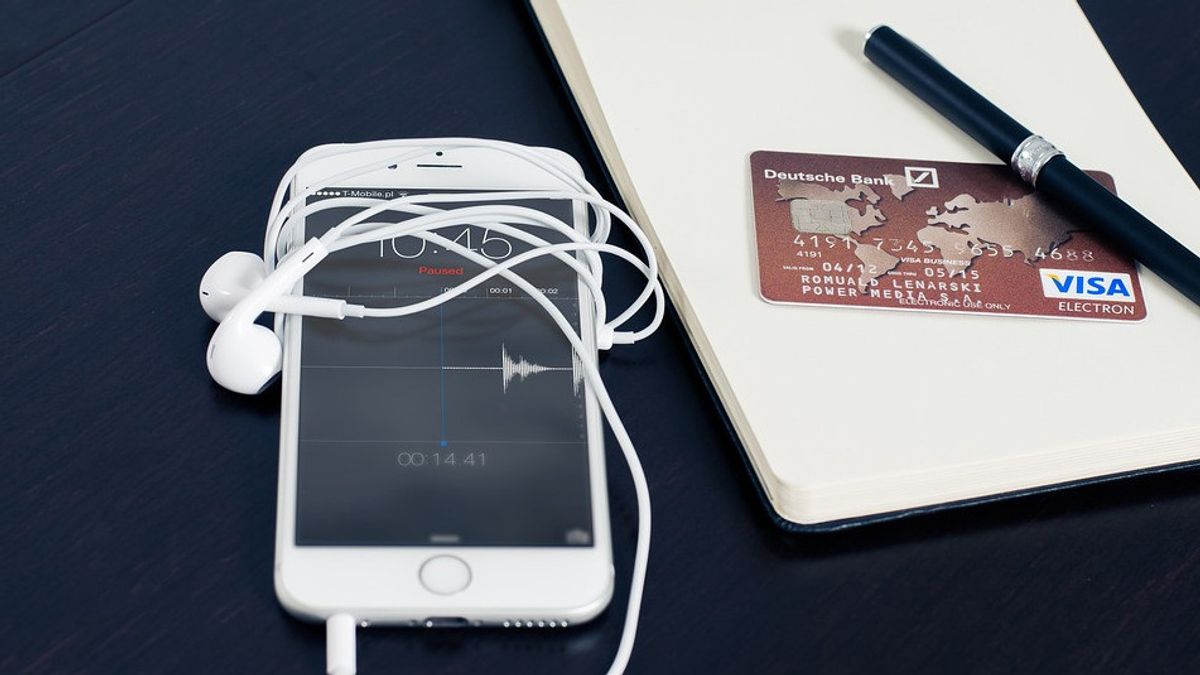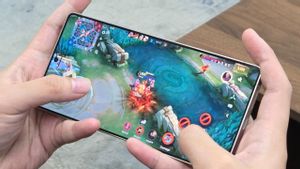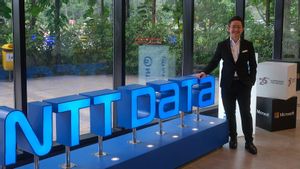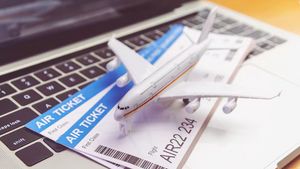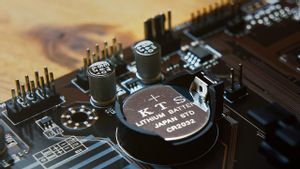JAKARTA - Apple Inc on Tuesday, March 28 launched the "buy now, pay later" (buy now, pay later/BNPL) service in the United States, which threatens to disrupt the fintech sector dominated by companies such as Affirm Holdings and Swedish payment company Klarna.
According to the company, this service called Apple Pay Later will allow users to divide purchases into four payments distributed for six weeks without interest or cost. This service will initially be offered to specific users, with full launch plans in the next few months.
Users can earn loans between 50 and 1.000 US dollars for online purchases and on apps on iPhones and iPads with merchants receiving Apple Pay, according to the company. In fact, they think more than 85% of retailers in the US accept Apple Pay.
"Apple Pay Later will really shake up several other players. Other companies will definitely be wary of Apple's announcement today because they are a common name. This will damage the market share of other players," said Danni Hewson, head of financial analysis at AJ Bell.
Shares of the BNPL company, Affirm, fell more than 7%, while PayPal (closed about 1% lower.
In 2020, pandemic-related lockdowns are turning buyers into online payment platforms, amplifying demand for fintech companies offering BNPL services, especially for millennial and Gen Z customers.
Digital payments giants including PayPal and Block Inc have expanded to this sector through acquisitions, while Affirm is listed on the stock exchange for billions of dollars.
The fate of this sector reversed along with rising interest rates and inflation affecting purchasing power and forcing consumers to curb their spending.
"We expect Apple to be careful, especially in this macro environment," Christopher Brendler, analyst at DA Davidson, said referring to his decision not to use partners and finance and raise direct loans.
Apple Pay Later is enabled through the Mastercard Installments program, the company said, adding that Goldman Sachs is a Mastercard payment credentials issuer.
The English, Chinese, Japanese, Arabic, and French versions are automatically generated by the AI. So there may still be inaccuracies in translating, please always see Indonesian as our main language. (system supported by DigitalSiber.id)
